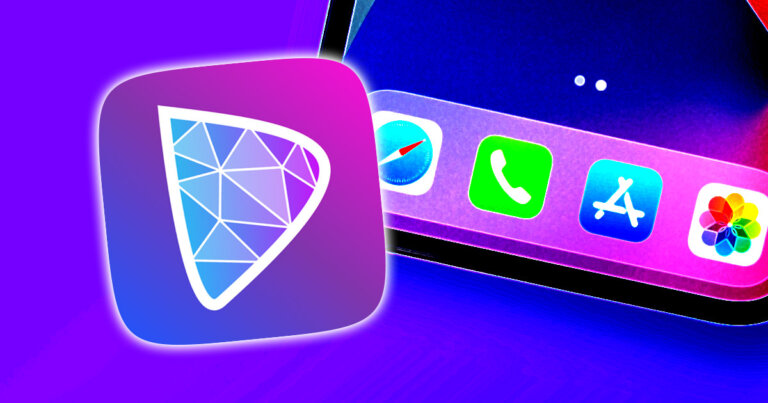 Apple threatens to remove Damus from App Store over Bitcoin Lightning payments
Apple threatens to remove Damus from App Store over Bitcoin Lightning payments Apple threatens to remove Damus from App Store over Bitcoin Lightning payments
Damus insinuated that the threat of App Store removal was an attempt to quell 'financial freedom to the masses'.

Cover art/illustration via CryptoSlate. Image includes combined content which may include AI-generated content.
Decentralized social media platform Damus has been threatened with App Store removal over its zaps feature.
Zaps refer to a Bitcoin Lightning-backed payment mechanism, enabling people to tip content creators on Nostr clients, such as Damus.
“Nostr is a protocol; an open standard upon which anyone can build. Nostr itself is not an app or service that you sign up for.”
Per an App Store review, Damus was informed that zaps violated Apple’s payment guidelines – specifically that zaps for digital content tips bypass Apple’s own “in-app purchase” mechanism – the only payment mechanism allowed per App Store guidelines.
The review stated that an updated, compliant app must be submitted within 14 days; otherwise, Damus will be removed from the App Store.
Damus launched in February, acquiring 45,000 new users on its first day.
Damus responds
The Damus Twitter said it was “pretty sus” that the threat of App Store removal came as the team was due to speak at the Oslo Freedom Forum (OFF).
“This is right before we’re about to give our talk at the oslo freedom forum on how decentralized social networks with lightning integration are bringing financial freedom to the masses.”
OFF is a gathering of human rights and pro-democracy activists intent on challenging global tyranny. This year’s event runs from June 13-15.
Damus added that the threat is a watershed moment for apps and Bitcoin Lightning integration, potentially setting a precedent for whether people could freely transact peer-to-peer.













































































































